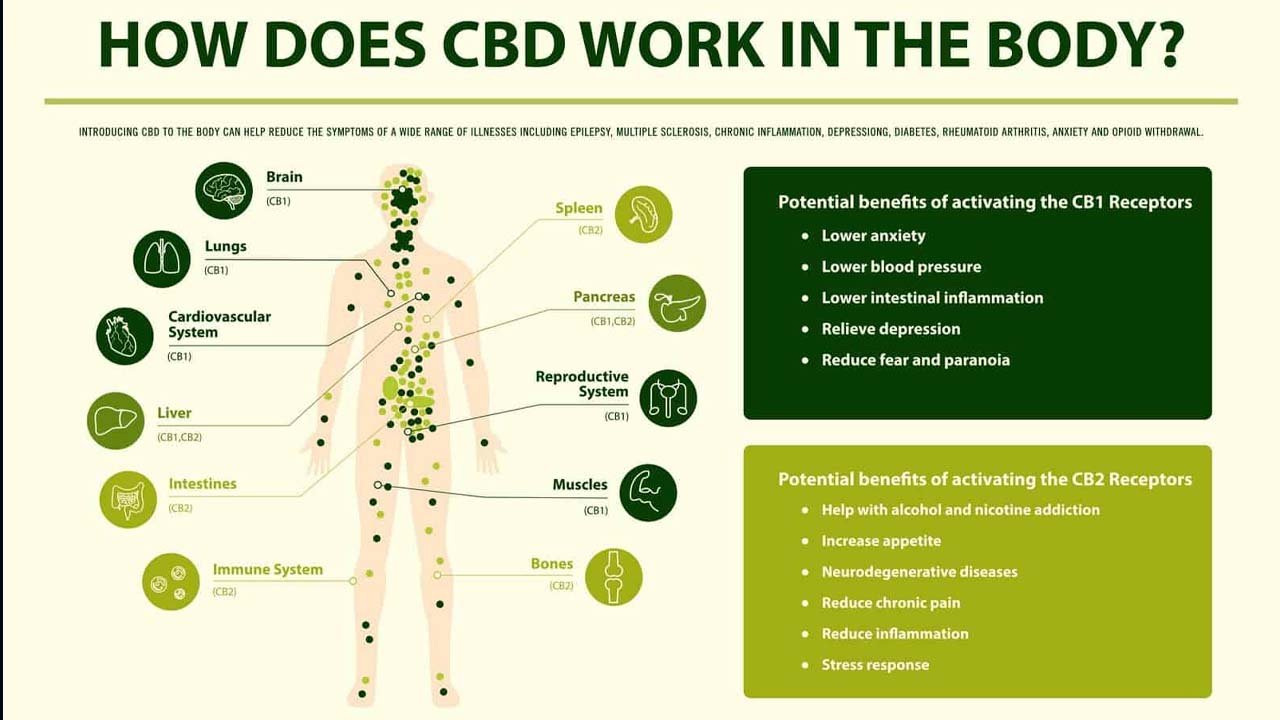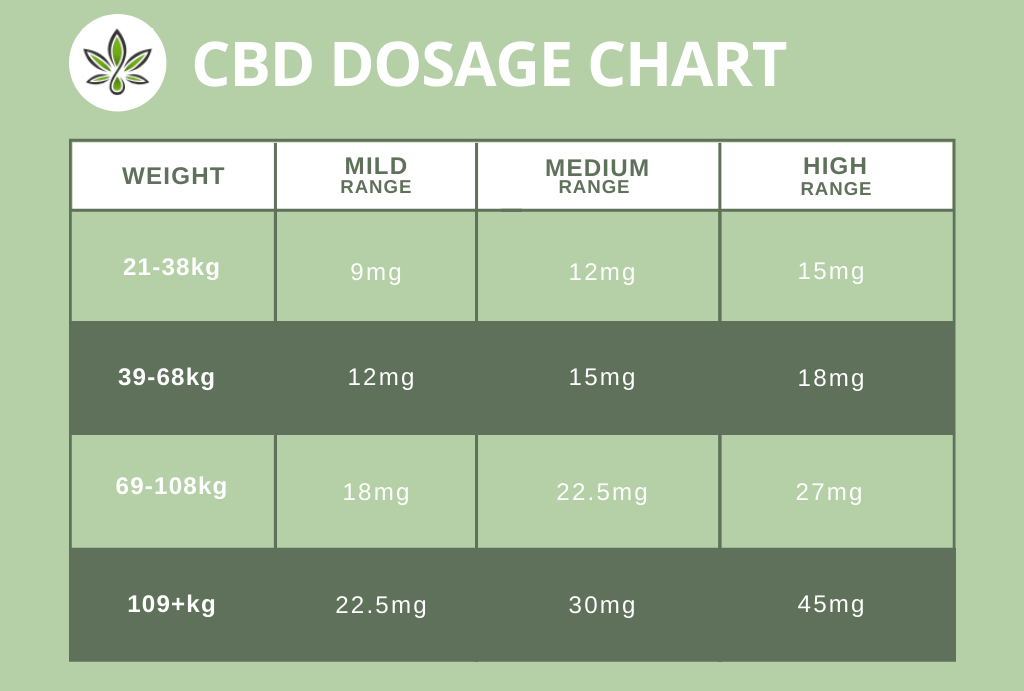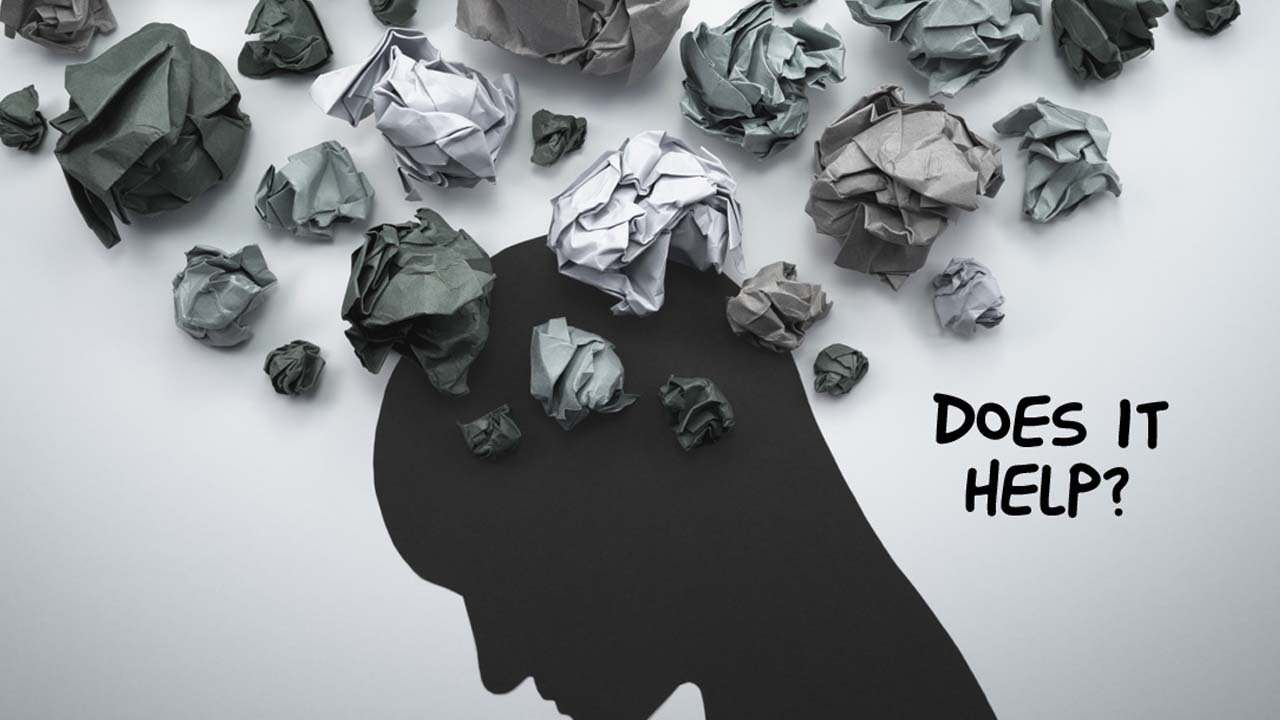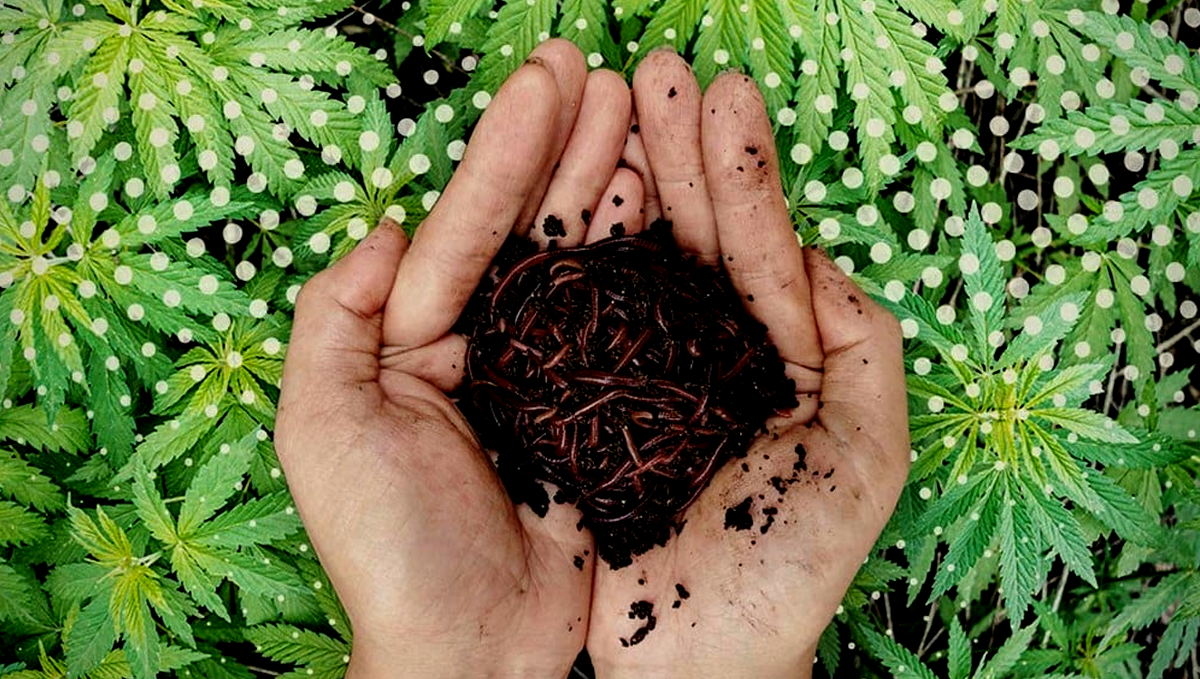CBD and Mental Health: Examining its Potential for Depression

CBD, short for cannabidiol, has gained significant attention for its potential therapeutic benefits, particularly in the realm of mental health. As people seek alternative treatments for depression, CBD has emerged as a potential natural remedy. This article delves into the relationship between CBD and mental health, with a particular focus on its potential for alleviating depression.
Explore the Contents
- 0.1 Understanding CBD and Mental Health
- 0.2 CBD’s Impact on Depression
- 0.3 Benefits and Potential Risks of CBD for Depression
- 0.4 CBD Dosage and Consumption
- 0.5 Legal Considerations and Availability
- 0.6 Real-Life Experiences: User Testimonials
- 0.7 Combining CBD with Other Treatments
- 0.8 The Future of CBD in Mental Health
- 0.9 Conclusion
- 1 FAQs CBD and Mental Health
Understanding CBD and Mental Health
What is CBD?
CBD is a chemical compound derived from the cannabis plant. Unlike its cousin, THC (tetrahydrocannabinol), CBD is non-psychoactive, meaning it does not produce the “high” associated with marijuana use. CBD interacts with the body’s endocannabinoid system (ECS), which plays a crucial role in maintaining various physiological processes, including mood regulation.
The Link Between CBD and Mental Health
Research suggests that CBD may influence certain neurotransmitter systems related to mental health, such as serotonin receptors. Serotonin, often referred to as the “happy hormone,” plays a vital role in mood regulation. By modulating serotonin receptors, CBD on mental health may have a potential impact on mood disorders like depression.
CBD’s Impact on Depression
How CBD Works in the Body
When consumed, CBD interacts with the ECS, promoting balance and homeostasis within the body. This interaction may influence the brain’s response to stress and anxiety, potentially offering relief for individuals struggling with depression.

Studies on CBD and Depression
Numerous preclinical and clinical studies have explored the effects of CBD on depression. While the exact mechanisms are not yet fully understood, some studies have indicated that CBD shows promise in reducing depressive symptoms and improving overall well-being.
Benefits and Potential Risks of CBD for Depression

Benefits of Using CBD for Depression
- Natural Approach: CBD offers an alternative to traditional antidepressant medications, appealing to those seeking natural remedies.
- Fewer Side Effects: Unlike conventional medications, CBD is generally well-tolerated and may cause fewer adverse effects.
- Fast Action: Some users report experiencing quick relief from symptoms after taking CBD.
Potential Risks and Side Effects
- Interactions with Medications: CBD may interact with certain medications, so it’s essential to consult a healthcare professional before use.
- Digestive Issues: In some cases, CBD can cause mild digestive discomfort.
- Quality Concerns: The lack of regulation in the CBD market may lead to variations in product quality.
CBD Dosage and Consumption

Finding the Right Dosage
Determining the appropriate CBD dosage can be challenging, as it depends on various factors such as body weight, individual tolerance, and the severity of depression.
Different Forms of CBD Products
CBD is available in various forms, including oils, tinctures, edibles, capsules, and topicals. Each delivery method has its unique characteristics, and individuals may choose the one that best suits their preferences and needs.
Legal Considerations and Availability
Legal Status of CBD
The legal status of CBD varies by country and region. While CBD derived from hemp is federally legal in many places, it’s essential to understand local regulations before purchasing or using CBD products.
CBD Availability
CBD products can be found in dispensaries, specialty stores, and online retailers. However, consumers should be cautious and buy from reputable sources to ensure product quality and authenticity.
Real-Life Experiences: User Testimonials
Reading about the experiences of others can offer valuable insights into the potential benefits of CBD for depression. Numerous users have shared positive testimonials regarding their use of CBD to manage their depressive symptoms effectively.
Combining CBD with Other Treatments
CBD should not be considered a standalone treatment for depression. While it may provide relief for some individuals, it’s essential to consult with a healthcare professional to explore comprehensive treatment options, which may include therapy and medication.
The Future of CBD in Mental Health
As research on CBD’s therapeutic potential continues to expand, it holds promise for mental health treatment, including depression. However, more extensive clinical trials and research are needed to fully understand its long-term effects and safety.
20 surprising Benefits Of CBD Oil :A Comprehensive Guide

Conclusion
CBD’s potential as a natural remedy for depression has garnered considerable attention. As more individuals seek alternative approaches to mental health, CBD’s role in alleviating depressive symptoms may become better defined. However, it’s crucial to approach CBD use with caution and seek guidance from healthcare professionals.
FAQs CBD and Mental Health
Is CBD a cure for depression? While CBD shows promise in managing depressive symptoms, it is not a cure for depression. It should be used as part of a comprehensive treatment plan under professional guidance.
Can CBD cause addiction? CBD is non-addictive and does not produce the euphoric effects associated with THC. It is generally considered safe for use.
What is the best CBD dosage for depression? The ideal CBD dosage for depression varies from person to person. It’s advisable to start with a low dose and gradually increase it under supervision.
Are there any side effects of using CBD for depression? CBD is generally well-tolerated, but some users may experience mild side effects like dry mouth or drowsiness.
Can I take CBD with my antidepressant medications? It’s essential to consult a healthcare professional before combining CBD with other medications, as it may interact with certain drugs.





